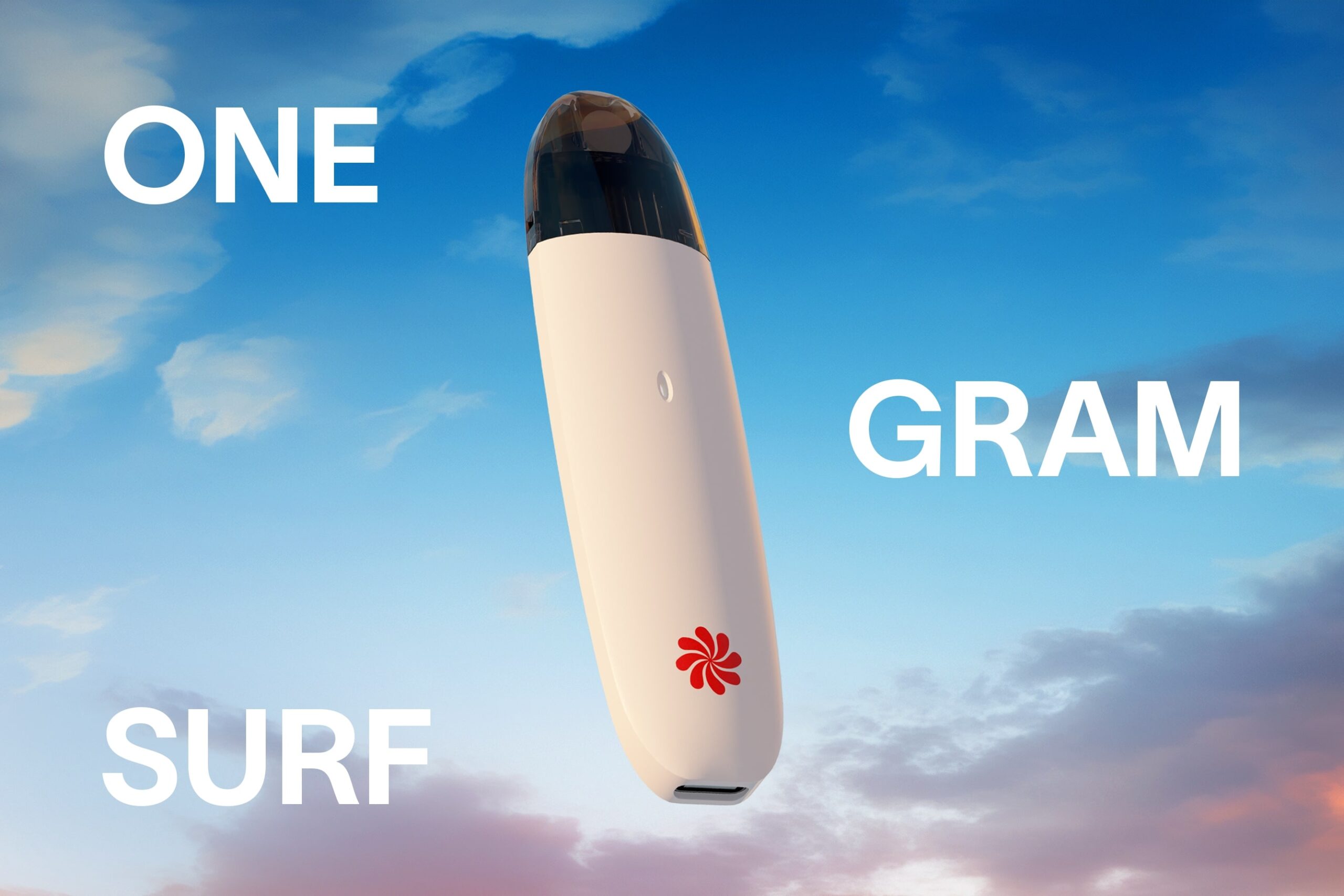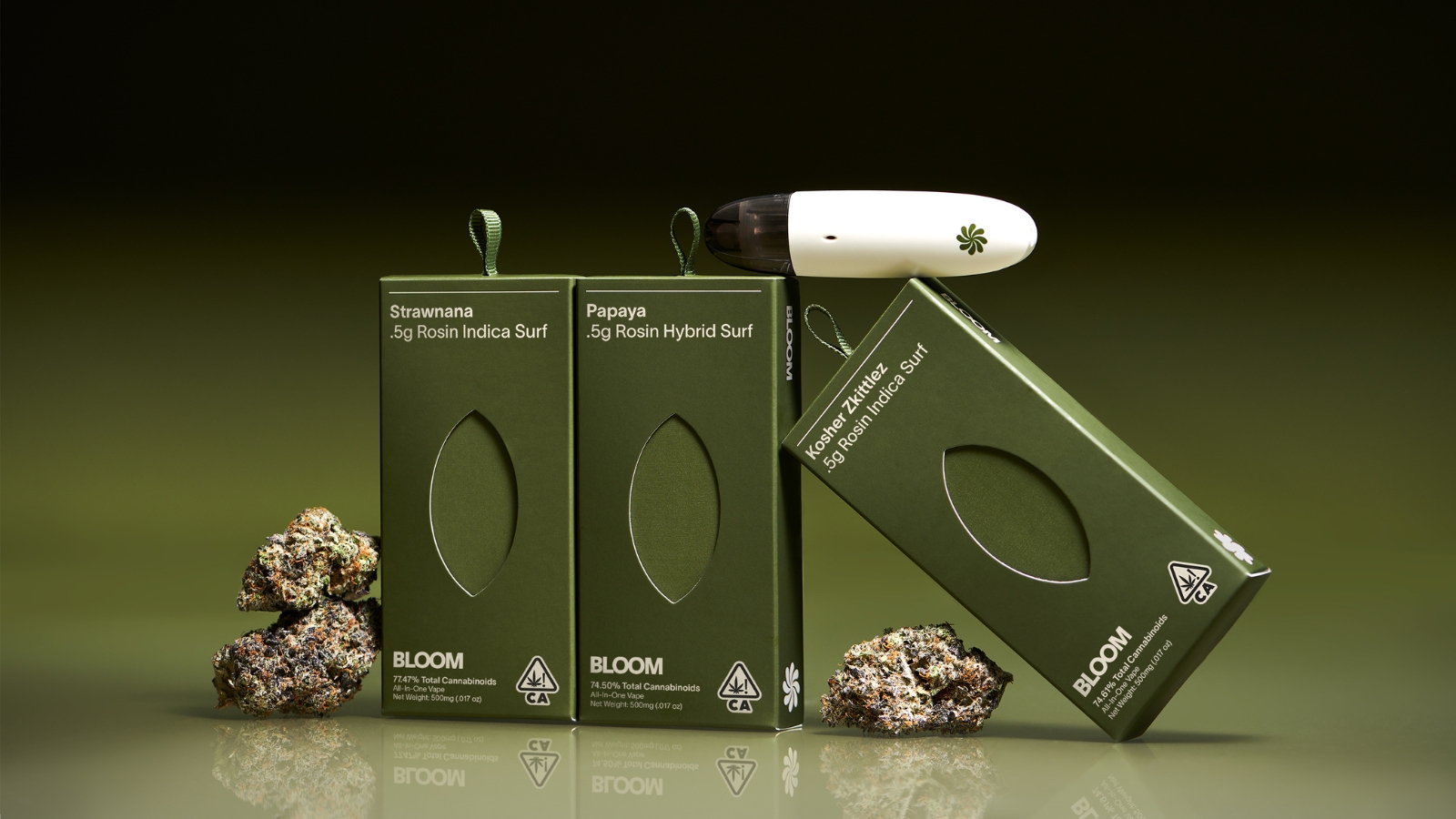In the face of increasing prevalance in cannabis use amongst athletes, we explored the effect of THC and CBD on the normal individual’s heart and lungs in the first part (hyperlink to Article 1) of this series. We will now progress from the heart and lungs of the athlete to their structural foundation and workhorse – the bones and muscles.
THC Effects (Bones)
Studies on long-term exposure to cannabis across human patients suggest an association between chronic cannabis use and lower bone mineral density, higher turnover of bone cells, and increased risk of fracture (5). However, it is important to note that correlation does not mean causation and this may be due to a variety of factors such as diet and lifestyle. Curiously, at least two other studies show an association between chronic cannabis use and lower BMI (body mass index [hyperlink]) (5, 25). We will explore this topic in a later article when we delve into the metabolic effects of THC and CBD.
Multiple studies have explored the beneficial effects of longer term cannabinoid-2 (CB2) receptor activation on fracture healing and treatment of skeletal diseases like osteoporosis. However, THC is primarily a cannabinoid-1 (CB1) receptor activator and so far, as an isolated biomolecule, no beneficial effects on the skeletal system have been demonstrated. However, Cannabidiol (CBD) is a strong cannabinoid-2 (CB2) receptor activator and a significant make up of cannabis. We will discuss this further down.
In summary, some studies suggest that THC may promote the healing of bone fractures and lead to less stress on the skeletal structure by virtue of decreasing the user’s weight. On the other hand, there is also evidence of a correlation with weaker skeletal integrity. These conflicting perspectives indicate that more research needs to be done on the biomechanisms of THC for us to understand its actual effect on our bones.
THC Effects (Muscles)
Human trials have shown that cannabis can alleviate muscle spasms associated with diseases that effect muscle activity like multiple sclerosis (7, 8, 9). This may account for the sensation of melting into the couch during a smoke session. Although we currently do not know how or why THC achieves this, scientists speculate that this may be due to antioxidative activities specific to certain neural cells (8), general anti-inflammatory effects throughout the body (8), or inhibition of neural receptors receiving reflex signals (28). If muscles spasms are hampering your physical activity, there is strong anecdotal evidence that THC may help.
In contrast to the number of studies examining THC’s immediate effect on muscle activity, there is a lack of studies on how it directly effects muscle fibers over a long period of time. However, studies on THC’s impact on the endocrine (metabolic) system suggest that it indirectly decreases muscle growth due to its effect on testosterone, growth hormone, and insulin sensitivity. We will cover these effects, and more, in the next part of this series.
CBD/Cannabidiol Effects (Bones)
Cannabidiol is a significant component of cannabis that lacks psychoactivity. It doesn’t get you high, but due to its preferential activation of CB2 receptors located throughout our body, it affects our physiology in ways that THC doesn’t.
Aside from providing structural support, our bones are responsible for the production of red blood cells. Thus, we feel it is relevant to talk about CBD’s effect on our blood (hematology). A few studies in animal models provide evidence that cannabis may display anticoagulant activities (23), and at least one study points to a specific interaction between CBD and Coumadin, a well known presciption blood thinner (29). Currently, cannabis consumption is considered a potential risk for patients with bleeding disorders or that are taking blood thinners, since it may potentiate bleeding out (24). Our takeaway from these studies is that cannabis consumption, possibly due to CBD activity, may improve circulation. The degree at which it may do so is still in question, so we wouldn’t recommend completely replacing fish oil or other more clinically proven blood thinning supplements with bud.
Like THC, there is no evidence that CBD affects your skeletal system in the short term. However, studies have shown that animal mutants lacking CB2 receptors (which are the receptors that CBD primarily activates) have lower bone mass, especially as they age. This is due to the expression of CB2 receptors on cells primarily responsible for the stimulation of bone formation and inhibition of bone resorption [these cells are osteoblasts and osteoclasts if you want to do further research]. Scientists have found similar expression of CB2 receptors in studies of the human genome.
To further supplement these findings, other studies suggest a direct effect of CBD on bone healing. For example, a 2015 study published by the American Society for Bones and Mineral research showed that when animal models with femoral fractures were given CBD injections, the skeletal damage healed quicker than in animal models without the injections. In addition, the quality of the healing process, as seen in various biomolecular measurements of bone density, were similar. (6).
Such findings suggest that CBD may be beneficial to our skeletal system by promoting the healing of skeletal microfractures and decreasing the resorption of skeletal molecules back into our bloodstream. Furthermore, evidence that cannabis, possibly due to the specific effects of CBD (29), improves circulation through anticoagulation is strong enough that the medical community discourages its use by patients with bleeding disorders. For the athlete that may not want the head high of cannabis, the possibility that CBD may help circulate blood to your muscles and increase bone healing is a boon.
CBD Effects (Muscles)
In terms of short term muscle effects, multiple studies show that CBD can work in synergy with THC to decrease muscle spasms, especially with those linked to muscle disorders. CBD alone does have some effect on alleviating such spasms, but this phenomenon is significantly improved with the addition of THC (8). As with THC, we do not currently know why or how CBD alleviates muscle spasticity. Due to its relative prevalance in peripheral cells outside of our brain and research on its medical application, we speculate that CBD’s mechanisms may have more to do with anti inflammation and post-synaptic reflex inhibition.
Currently, CBD is being explored as a potent anti-inflammatory agent similar to non-steroidal anti-inflammatory agents [ NSAIDS ] like Ibuprofen. This does not bode well for CBD’s effect on muscle growth since current research suggests that overuse of NSAIDS are deleterious to microtear formation required for our muscles to get bigger and stronger (25). In many cases, anti-inflammatory activity means calming your body down from an infection, pain, or allergic reaction. Thus, this may be a case for the “pain is gain” axiom and chronic cannabis use, especially in tandem with the use of NSAIDS like Ibuprofen, may lead to less gainZ .
Our Conclusion
Evidence points to cannabis (more specifically CBD) as an anticoagulant that may increase circulation, a benefit in the healthy individual’s physical endeavors.
Meanwhile, studies on the mechanisms by which THC and CBD act on bone healing/growth need to be conducted to determine whether either one is ultimately detrimental or beneficial. Current clinical studies across patients focus on correlation and conflict in their findings (decreased skeletal integrity VS faster fracture healing and lower BMI). Studies suggesting that cannabis acts to increase bone fracture healing have been more CBD-specific, so we would not be surprised if CBD is the component of cannabis that may prove to be of benefit to our bones.
The application of cannabis to muscle disorders suggest an immediate impact on muscle fibers. However, as will be discussed in the next article, there is a good amount of evidence which suggests chronic cannabis use may lead to decreased muscle growth and subsequently, development of strength.
Ultimately, cannabis may or may not increase the quality of your body’s skeletal structure and increase blood flow. Although correlative studies are conflicting, CBD-focused research suggest that it may be the component of cannabis that benefits our skeletal system. In tandem, THC and CBD may relax muscles that tense up involuntarily. However, if you use either/both for too long and too much, don’t be surprised if your gains aren’t where you want it to be.
A disclaimer here, is that we are strictly talking about the physical effects of cannabis. For some athletes, the anxiolytic effects of cannabis supercede all its negative effects as a factor in his/her performance. We’ll save that topic for later. Read on (hyperlink).
http://www.espn.com/special/s/drugsandsports/mari.html
http://www.druglibrary.org/schaffer/library/studies/nc/nc1e.htm
(1972 The Report of the National Commission on Marihuana and Drug Abuse)
https://www.nap.edu/read/18942/chapter/6
https://www.ncbi.nlm.nih.gov/pubmed/19634029
http://www.amjmed.com/article/S0002-9343(16)30851-8/abstract
https://www.ncbi.nlm.nih.gov/pubmed/25801536
http://www.cmaj.ca/content/184/10/1143
https://www.ncbi.nlm.nih.gov/pmc/articles/PMC2626929/
https://www.whaxy.com/learn/can-marijuana-treat-muscular-dystrophy
https://www.ncbi.nlm.nih.gov/pubmed/12412837
https://www.ncbi.nlm.nih.gov/pubmed/3016764
http://jpet.aspetjournals.org/content/224/2/404
https://www.ncbi.nlm.nih.gov/pubmed/6269423
http://www.idmu.co.uk/cangitract.htm
https://www.ncbi.nlm.nih.gov/pubmed/23684393
https://www.drugscience.org/Petition/C3H.html
http://www.truthonpot.com/2013/01/27/does-marijuana-cause-lung-damage/
http://heart.bmj.com/content/97/24/e8.9.abstract?cited-by=yes&legid=heartjnl;97/24/e8-q
https://www.ncbi.nlm.nih.gov/pubmed/21144973
https://www.ncbi.nlm.nih.gov/pubmed/25069049
https://www.ncbi.nlm.nih.gov/pmc/articles/PMC3579247/
https://www.ncbi.nlm.nih.gov/pubmed/16644197
http://www.mayoclinic.org/drugs-supplements/marijuana/safety/hrb-20059701
https://www.ncbi.nlm.nih.gov/pmc/articles/PMC2828614/
http://www.bodybuilding.com/fun/can-pain-pills-kill-your-bodybuilding-gains.html (note: information verified by sources)
http://www.nature.com/sc/journal/v43/n10/full/3101757a.html
https://medicalxpress.com/news/2016-12-cbd-oil-frequency-severity-epileptic.html





